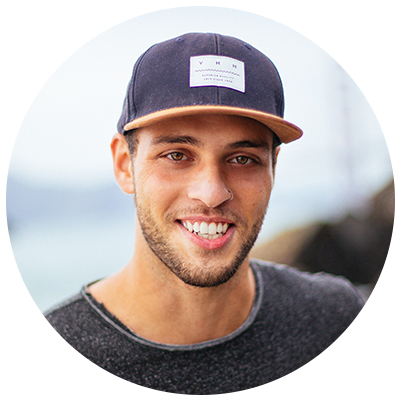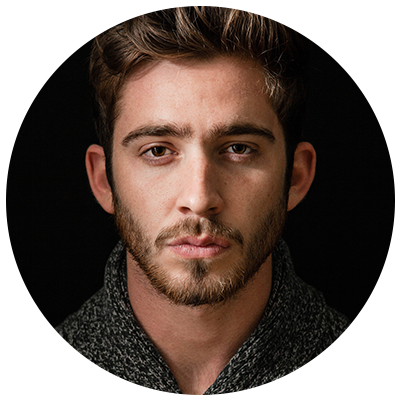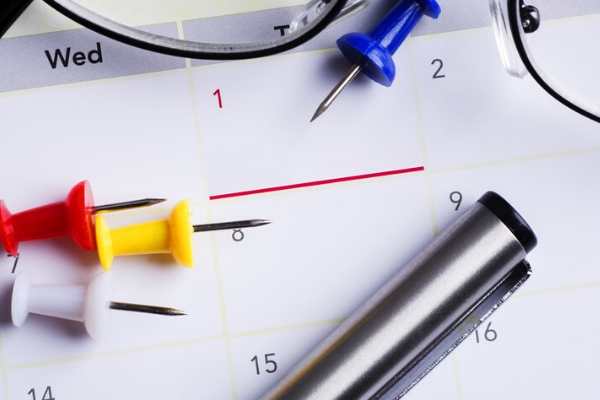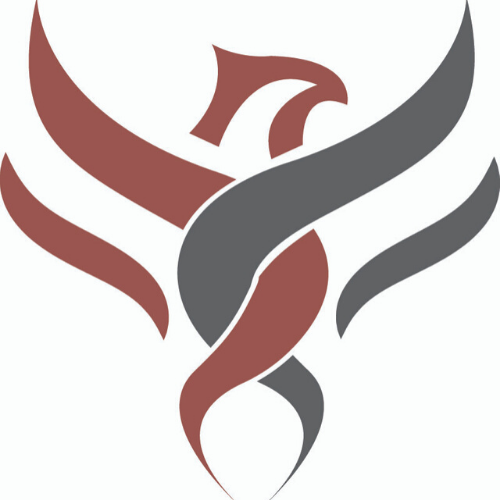

Intervention
Putting a stop to the Opioid Epidemic begins with your family. Uniting as a family to encourage your loved one to seek treatment for their addiction will save their life.






When Do I Do an Intervention?
You do an intervention when you notice their addiction is getting out of control.
Popping and crushing pain pills is out of control.
Refusing to eat because it affects their high; out of control.
Black-out drunk every night; out of control.
The problem with substance abuse addictions are those who have a problem, do not realize it. Interventions help the addict open their eyes and see the harm drug abuse or alcoholism has caused to themselves and their family.
Who Attends the Intervention?
The addict, supportive friends, family, and an interventionist.
Selecting a team of family and friends who can communicate without provoking or triggering the addict to use drugs is important.
You need to pick people that they trust and avoid anyone that may cause a scene or influence their substance abuse. An intervention is intended to motivate them to seek treatment for their addiction.

Picking the Right Day for the Intervention
One of the best times to do the intervention is right after something bad happens. That may sound awful but if they just got arrested for something drug or alcohol-related or went through a bad withdrawal period, they are more likely to see that they have a substance abuse problem.
The worst time to have the intervention is when they are high or drunk or during a withdrawal. Their judgment will be clouded, and you will just trigger them to go out and get their next fix.
Make sure there is plenty of time for the team to get through their speeches and be prepared to take them to rehab after the intervention, so they do not change their mind.

What Does the Day of the Intervention Look Like?
On the day of the intervention, your team will read speeches they have prepared to convince the person to go to rehab. There will probably be tears and emotional-charged outbursts. The person hosting the intervention should go first and go last to set an example and wrap up the overall message of the intervention. Always explain the intention of the intervention and never shame them for their addiction.
Taking action after the intervention to either get them to rehab or to a hospital to properly detox is important. An addict can either alienate the people of the intervention because they are shameful for what their addiction has led to or depend on those who are there to support their addiction.
WAYCROSS, GEORGIA'S ARCHBOLD TREATMENT SERVICES
INPATIENT TREATMENT
Comprehensive treatment for drug and alcohol abuse addictions. 30, 60, and 90-day programs that offer quality from license professionals.
OUTPAITENT TREATMENT
Our Intensive Outpatient (IOP) allows you to live at home while traveling to the facility a few times a week to participate in treatment and counseling services.
Let's Get Started
Seeking treatment for alcoholism or prescription pill addiction can be intimidating. You don’t have to do this alone anymore. Archbold Treatment Center is dedicated to improving Waycross, Georgia’s community in an effort to end the Opioid Epidemic. Coming together as a nation begins by coming together as a community. We want to help you take back control of your life.
